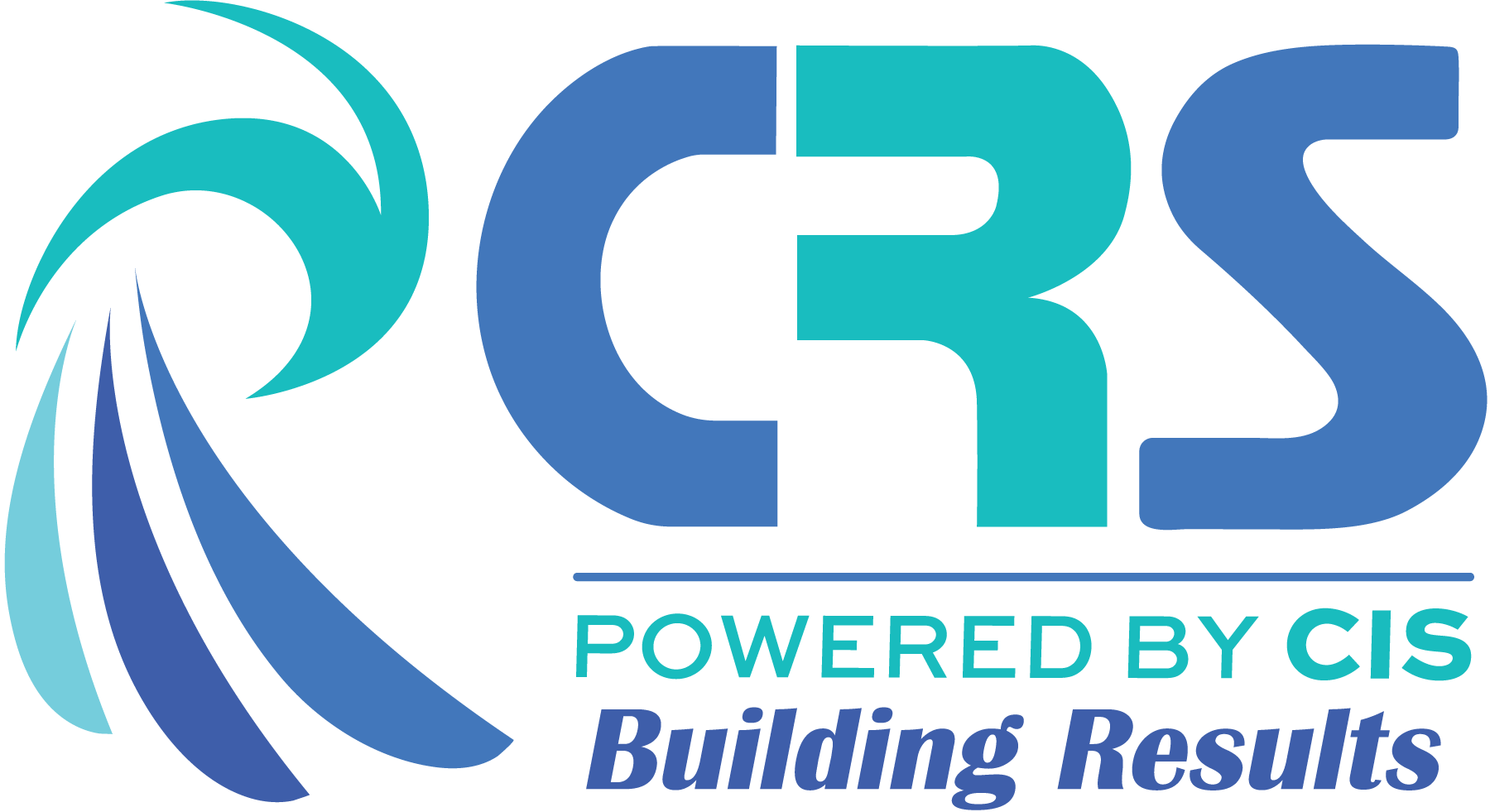Effective risk management is the backbone of success in the construction industry. However, it’s vital to understand that not all construction projects are created equal. Each project comes with its unique set of challenges and risks, which necessitates a customized approach to risk management. In this blog post, we will delve into the importance of tailoring risk management strategies and insurance coverage to align with the specific characteristics of your project and the operational nuances of your company.
Project Specificity Demands Customization
Construction projects can vary greatly in scope, size, location, and complexity. What works for a small residential renovation may not be suitable for a large-scale commercial construction project. Understanding the unique aspects of your project is the first step in effective risk management. Customization ensures that your risk management strategies are precisely aligned with the needs of your project, allowing for a more targeted and efficient approach.
Identifying Project-Specific Risks
The key to successful risk management lies in identifying and assessing project-specific risks. These can include factors like the project’s location, the nature of the work being performed, the materials used, the environment, and more. For instance, a construction project in a hurricane-prone region faces different risks compared to a project in an earthquake-prone area. By recognizing these unique risks, you can implement proactive measures to mitigate them effectively.
Customizing Insurance Coverage
Insurance is a fundamental component of risk management in construction. However, generic insurance policies may not adequately cover the specific risks associated with your project. Tailoring insurance coverage is crucial to ensure that you are adequately protected. Whether it’s liability insurance, property insurance, or other coverage types, customizing your policies allows you to address the unique challenges of your project.
Operational Nuances of Your Company
In addition to the project-specific aspects, it’s vital to consider the operational nuances of your construction company. The way your business operates, your safety protocols, your workforce, and your subcontractors all play a role in risk management. Customized risk management takes these factors into account, making sure that your strategies align with your company’s unique characteristics.
The Benefits of Customization
Customized risk management offers numerous benefits, including enhanced protection, cost savings, and improved project outcomes. It ensures that your project-specific risks are adequately addressed, reducing the likelihood of unexpected disruptions and financial losses. Moreover, tailored risk management can lead to lower insurance premiums, as insurers recognize your commitment to mitigating risks effectively.
In conclusion, effective risk management in construction demands a customized approach. By recognizing the unique characteristics of your project and your company’s operations, you can create tailored risk management strategies and insurance coverage that offer maximum protection and peace of mind. Customization is the key to mitigating project-specific risks, enhancing overall project outcomes, and ensuring the long-term success of your construction endeavors.

